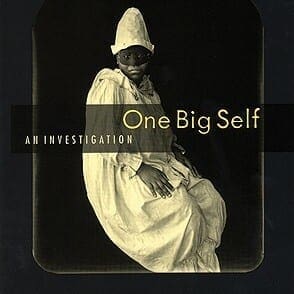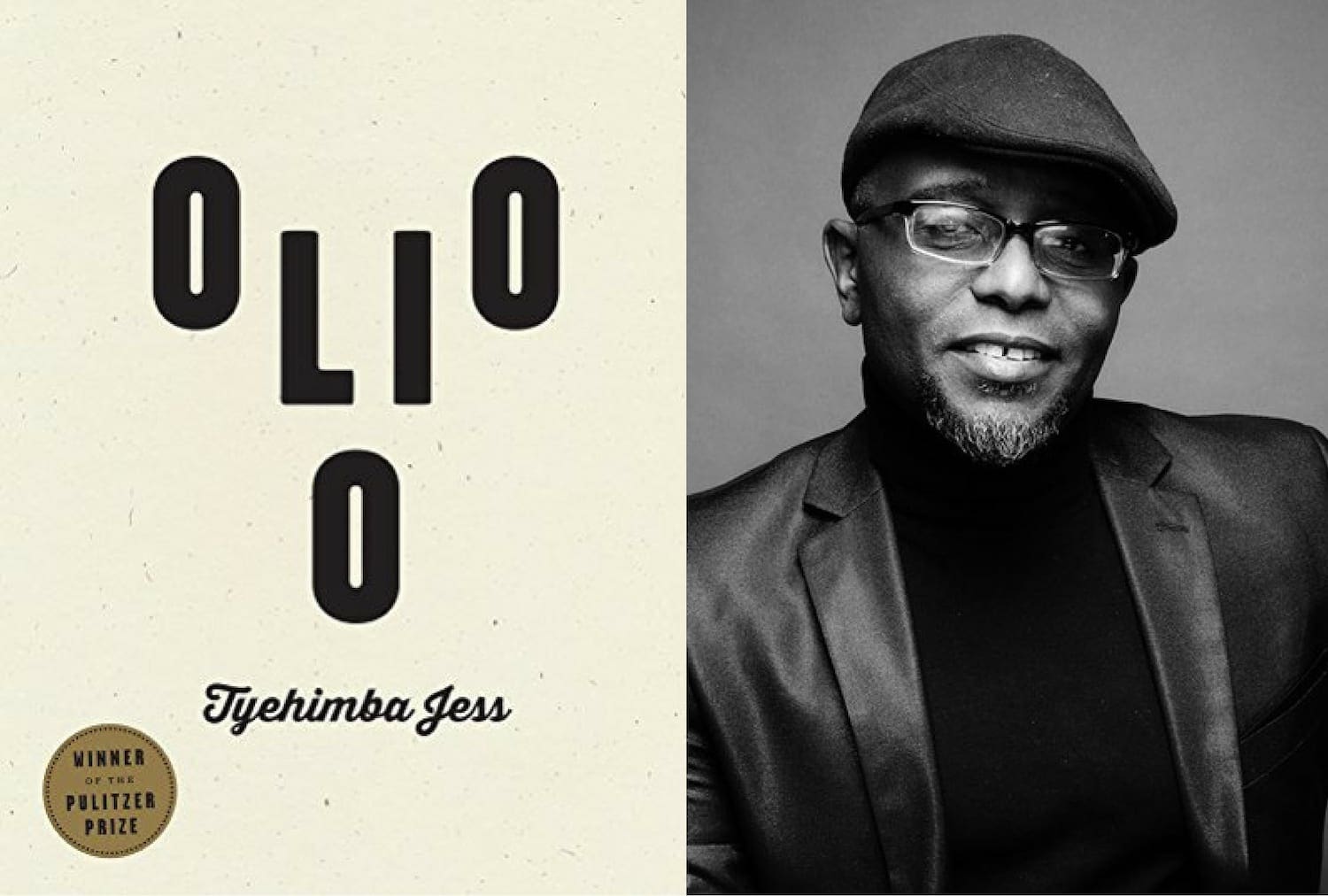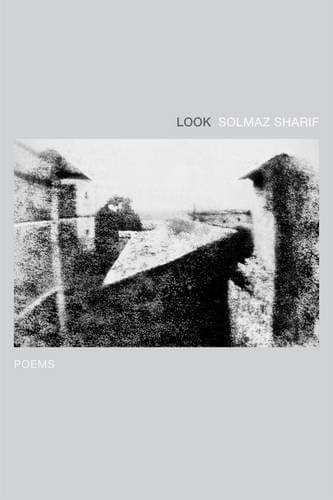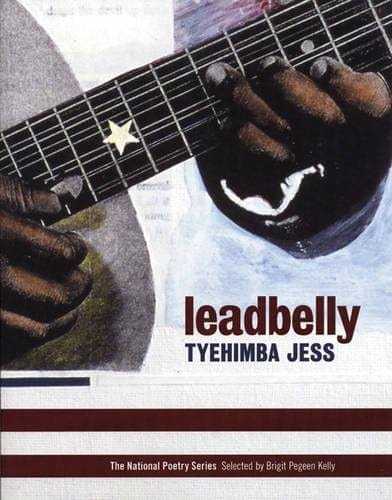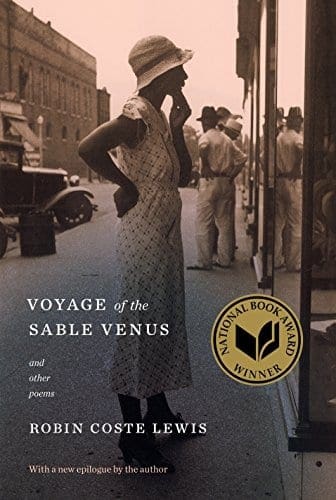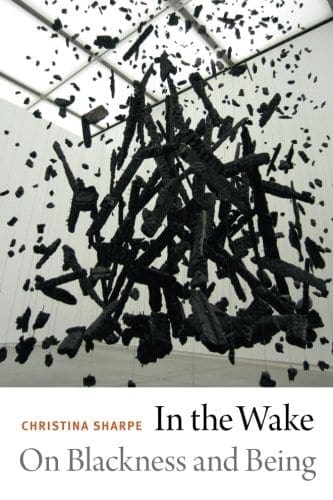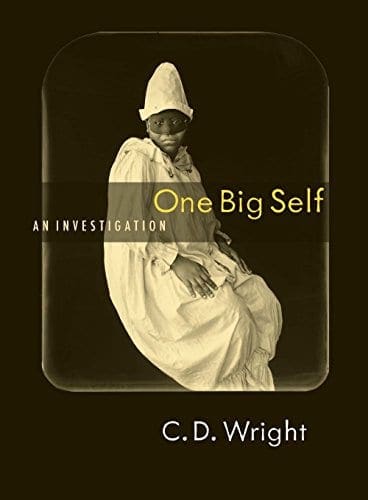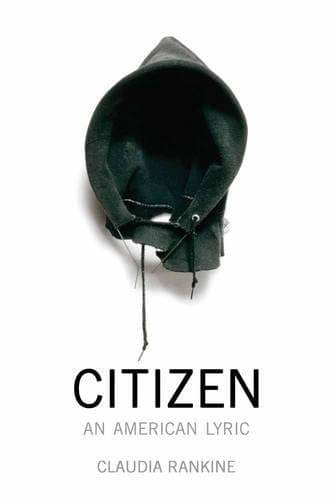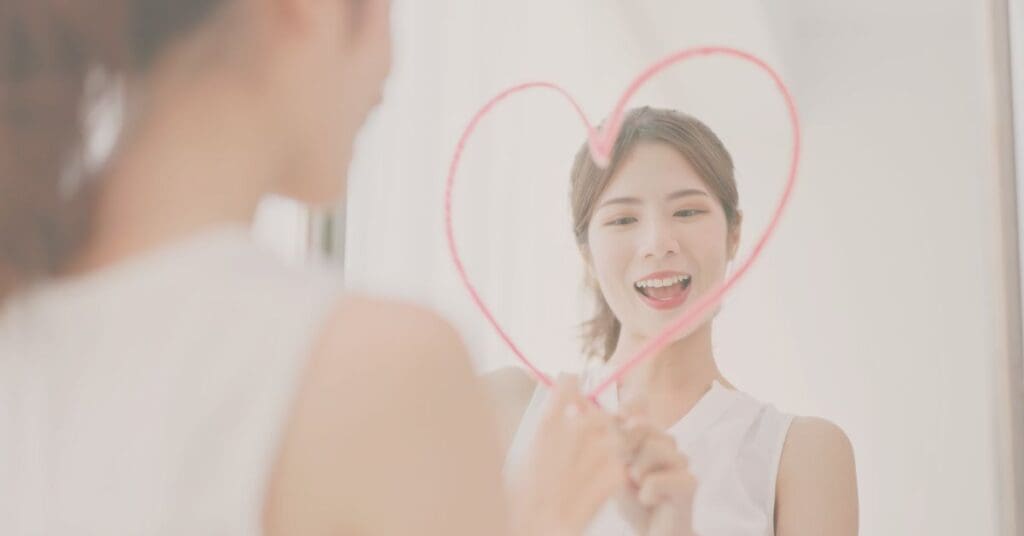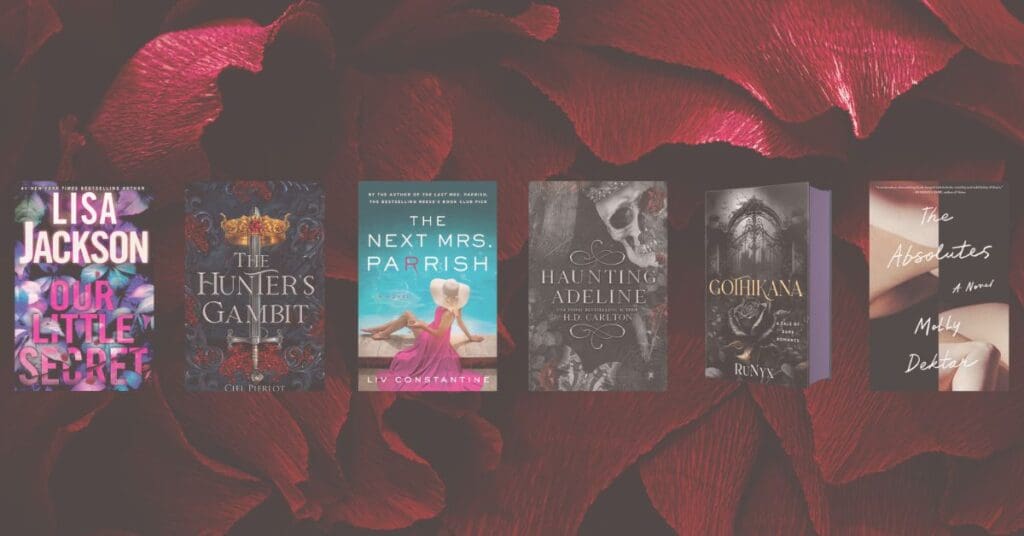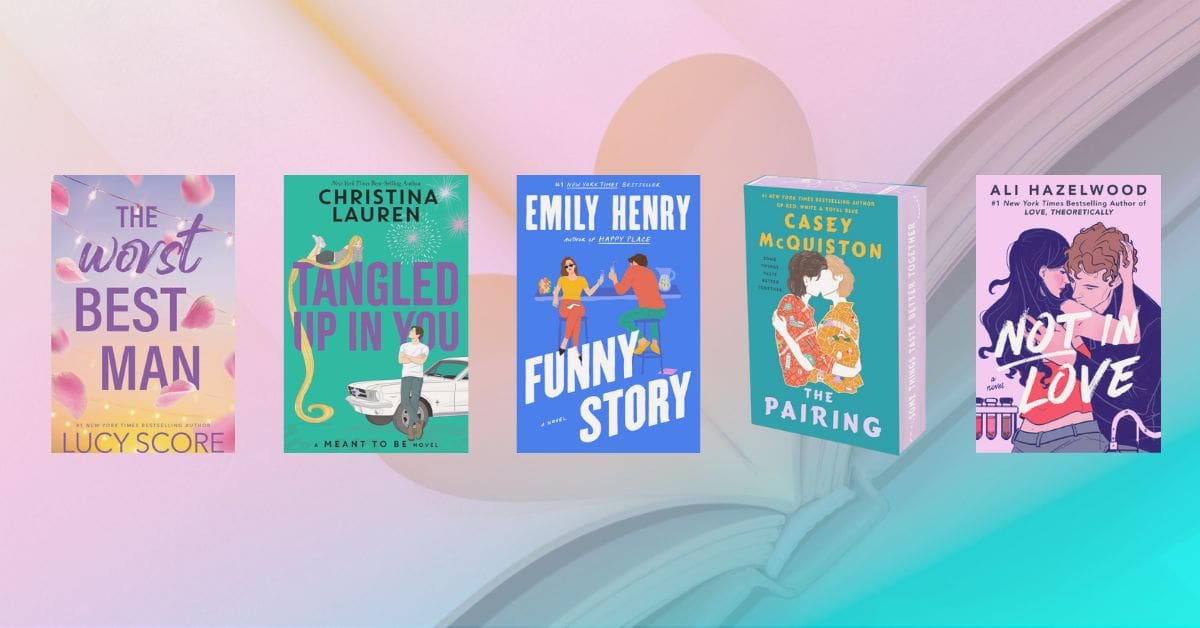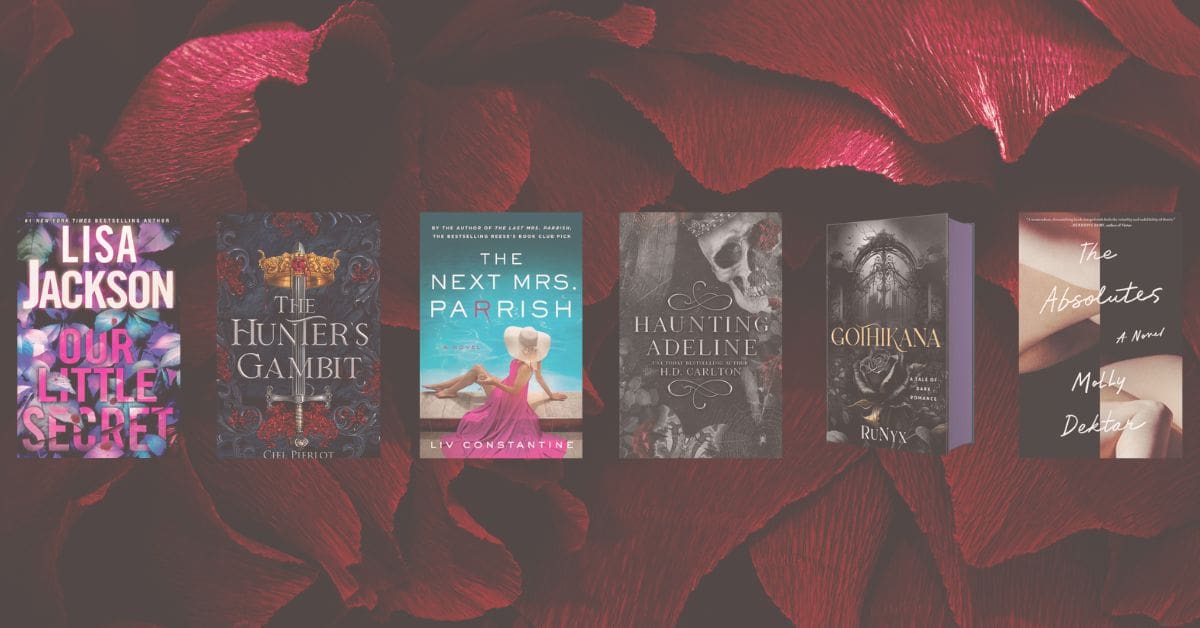Olio is more than an award-winning lyrical poetry collection. It’s a tapestry of language that weaves together fact and fiction.
Olio by Tyehimba Jess pulls readers back in time to a lull between wars, examining the African American voices that, “met, resisted, complicated, co-opted, and sometimes defeated attempts to
Minstrel. noun. Any of a troupe of performers of a kind originating early in the 19th century in the U.S. and typically giving a program of black American melodies, jokes, and impersonations and usually wearing blackface.
Definition from Merriam Webster online.
Jess’s examination of this resistance is compelling, stirring, and challenges today’s attitudes toward race by confronting the road from the path that lead us here.
Look by Solmaz Sharif
Solmaz Sharif’s debut collection of poetry has the raw edge of eloquent confrontation woven into its lines. Evoking themes around what war costs us, and the way families feel those costs differently than individuals. She pulls the narratives through history into the present day, challenging comfort zones and assumptions that we settle back into when we aren’t directly confronted with things like war, loss, violence, grief, and assaults on language.
Leadbelly by Tyehimba Jess
Olio left us wanting more of Jess’s specific style, and
Voyage of the Sable Venus by Robin Coste Lewis
Is there anything more satisfying than a clever spin on a classic medium? Voyage of the Sable Genius is, “a triptych that begins and ends with lyrics poems meditating on the roles desire and race play in the construction of the self.” You had us at ‘triptych’, but we’re all here for the introspective questions these themes bring up. Lewis gently but ardently challenges her readers to step out of their comfort zones and separate the stereotypes of race, gender, and sexuality. But it comes from a place of clear love and admiration for the ways she herself identifies: as a strong, beautiful black female.
In the Wake by Christina Sharpe
A clever play on words is one of our favorite poetic mechanisms, and in Sharpe’s collection the use of the word wake extends through all the ways you can use the term. “Sharpe illustrates how Black lives are swept up and animated by the afterlives of slavery,” the book description reads. “She delineates what survives despite such insistent violence and negation.”
One Big Self by C.D. Wright
C.D. Wright captured voices that have been almost patently overlooked in contemporary society: those of our country’s prison inmates. One Big Self is a product of insider access to the Louisiana state prisons, and captures, “the psychic toll of protracted time spent in a constricted space.” She pulls you into the shared and still distinct experience of the inmates, melodiously weaving together a tapestry of the human spirit, and what it means to be locked up, and what it took these inmates to watch their time roll by. The original work was published alongside photographs from the photographer Wright accompanied, but the collection we fell in love with was just the poetry. Pairing the prose with the images is an altogether different experience of it, framing each stanza in the context of a person. Sliding into the words without the images leaves your mind free to build images as they roll through her words and into your mind. Our vote? Experience it both ways and decide which you prefer for yourself, but we highly recommend you read this collection.
Citizen: An American Lyric by Claudia Rankine
Even without the bouquet of awards and nominations this title collected in its debut year, Citizen peels back the discourse on the mounting racial tensions simmering just at the surface of contemporary American culture.
Shop This Article:


$18.00
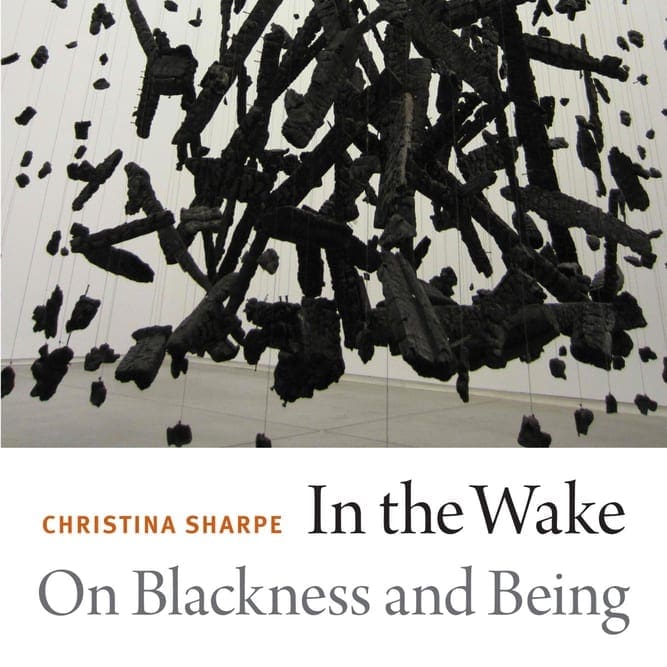
$24.95
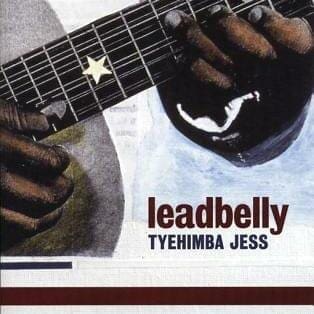
$12.88
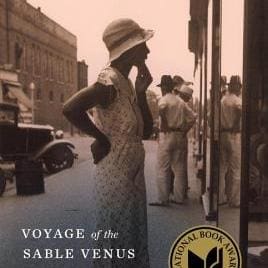
$18.35
